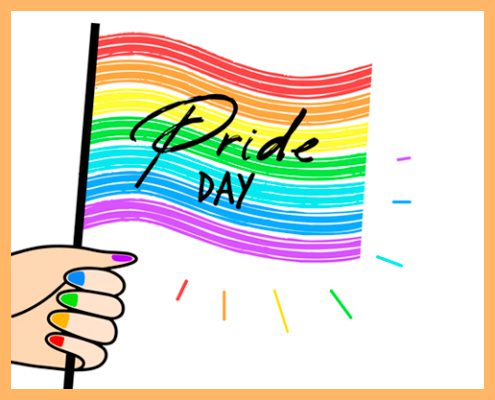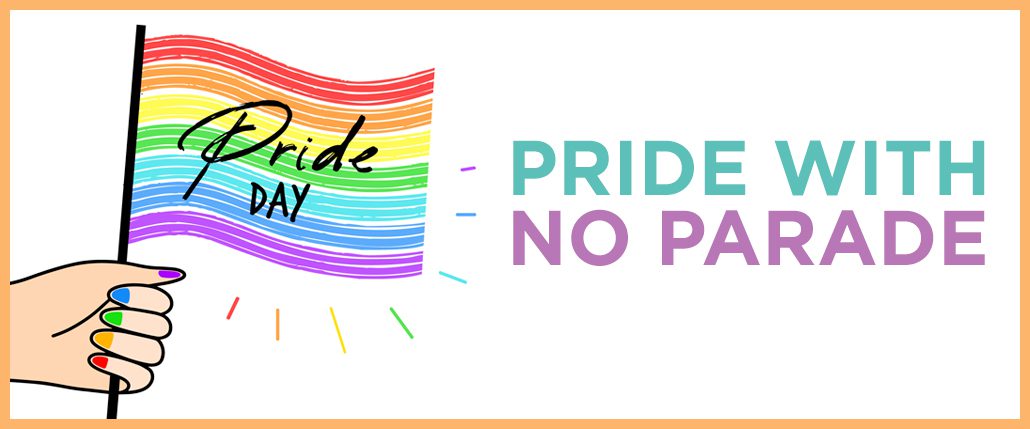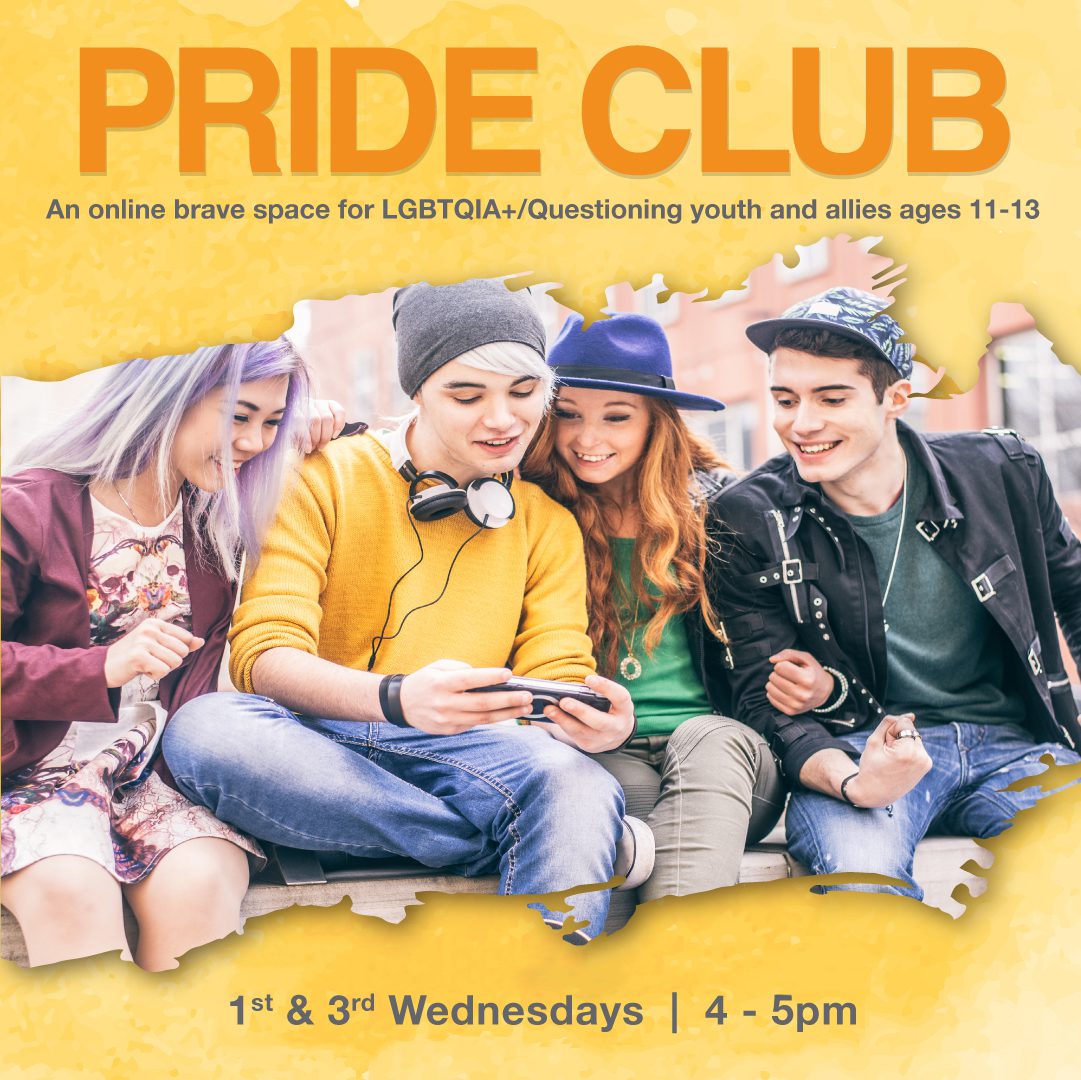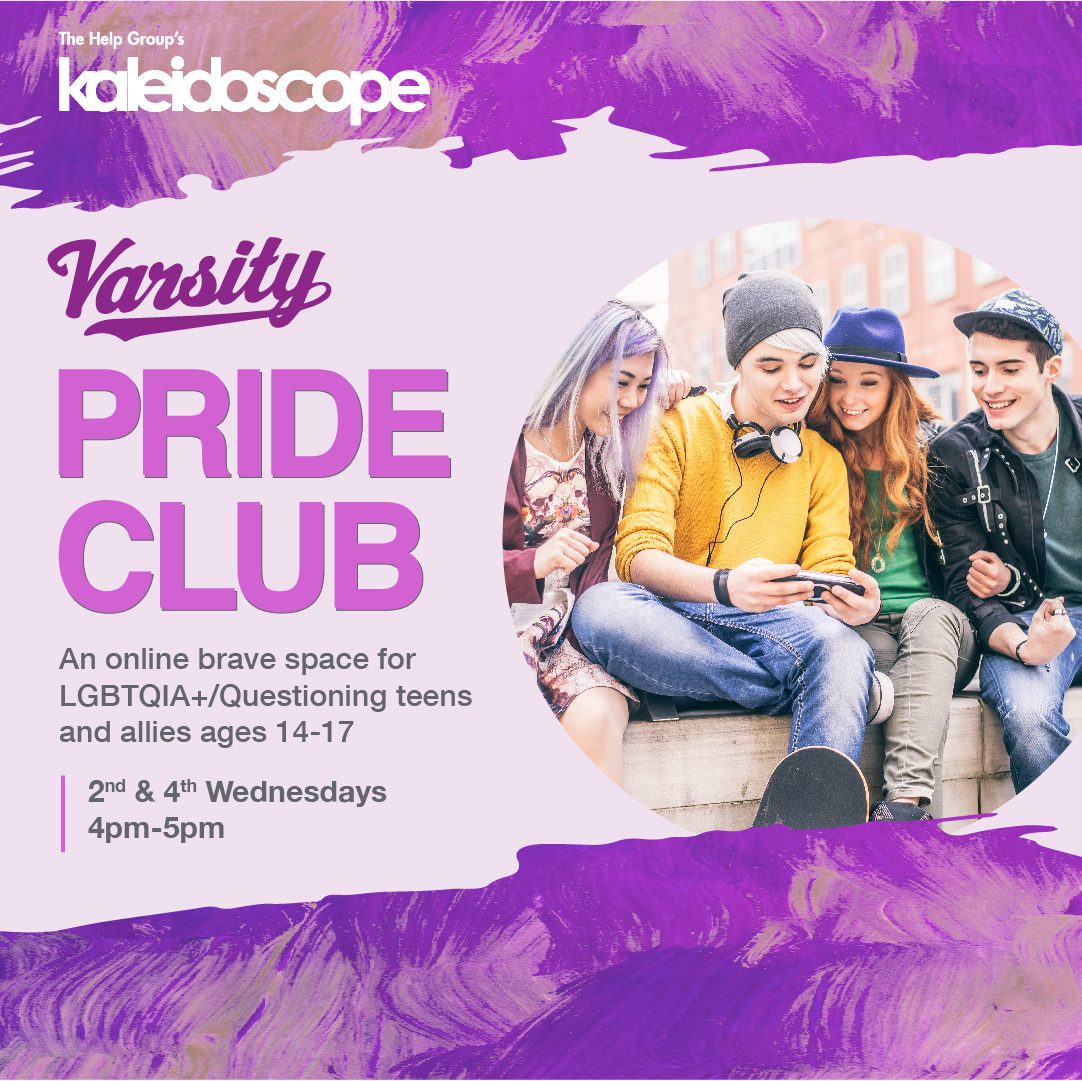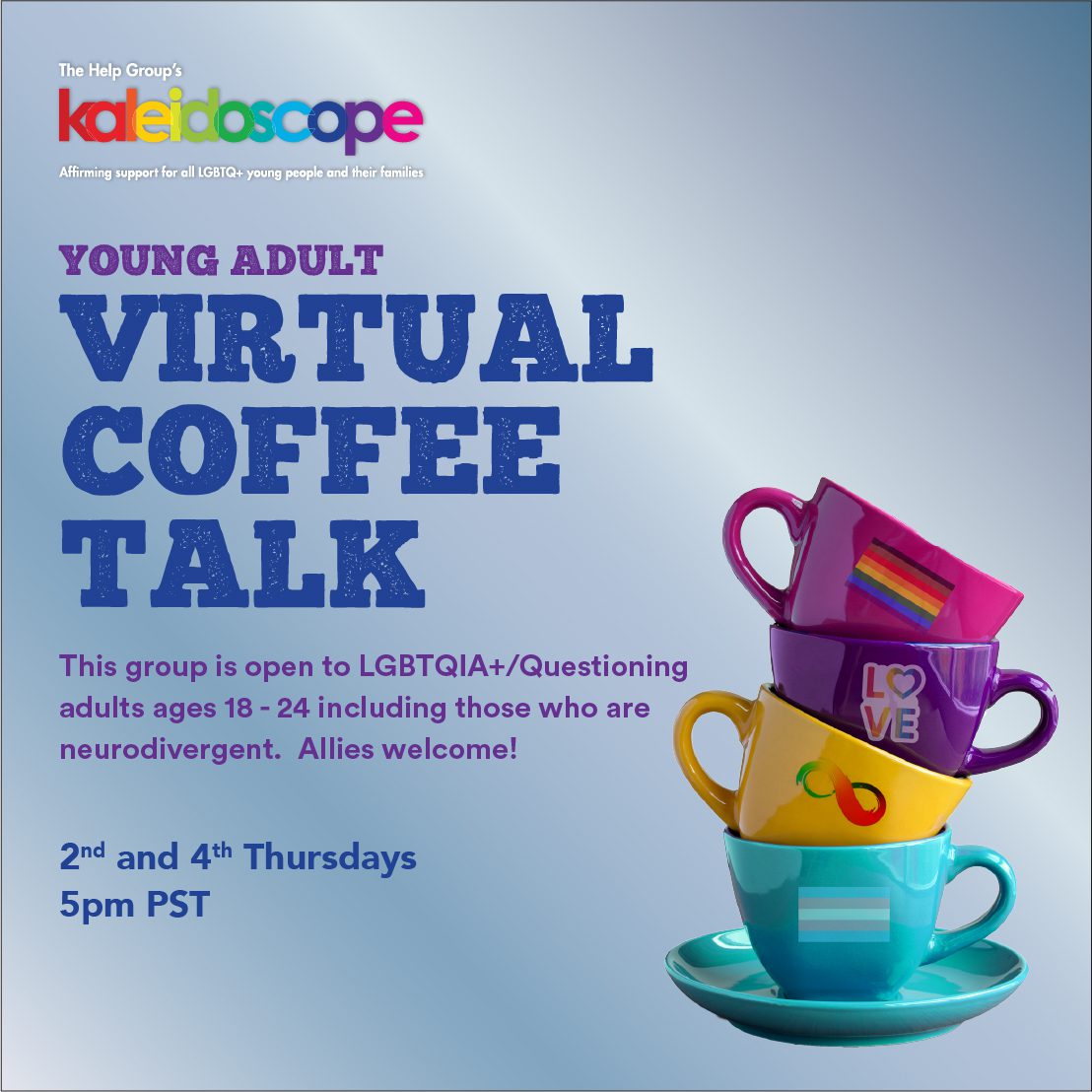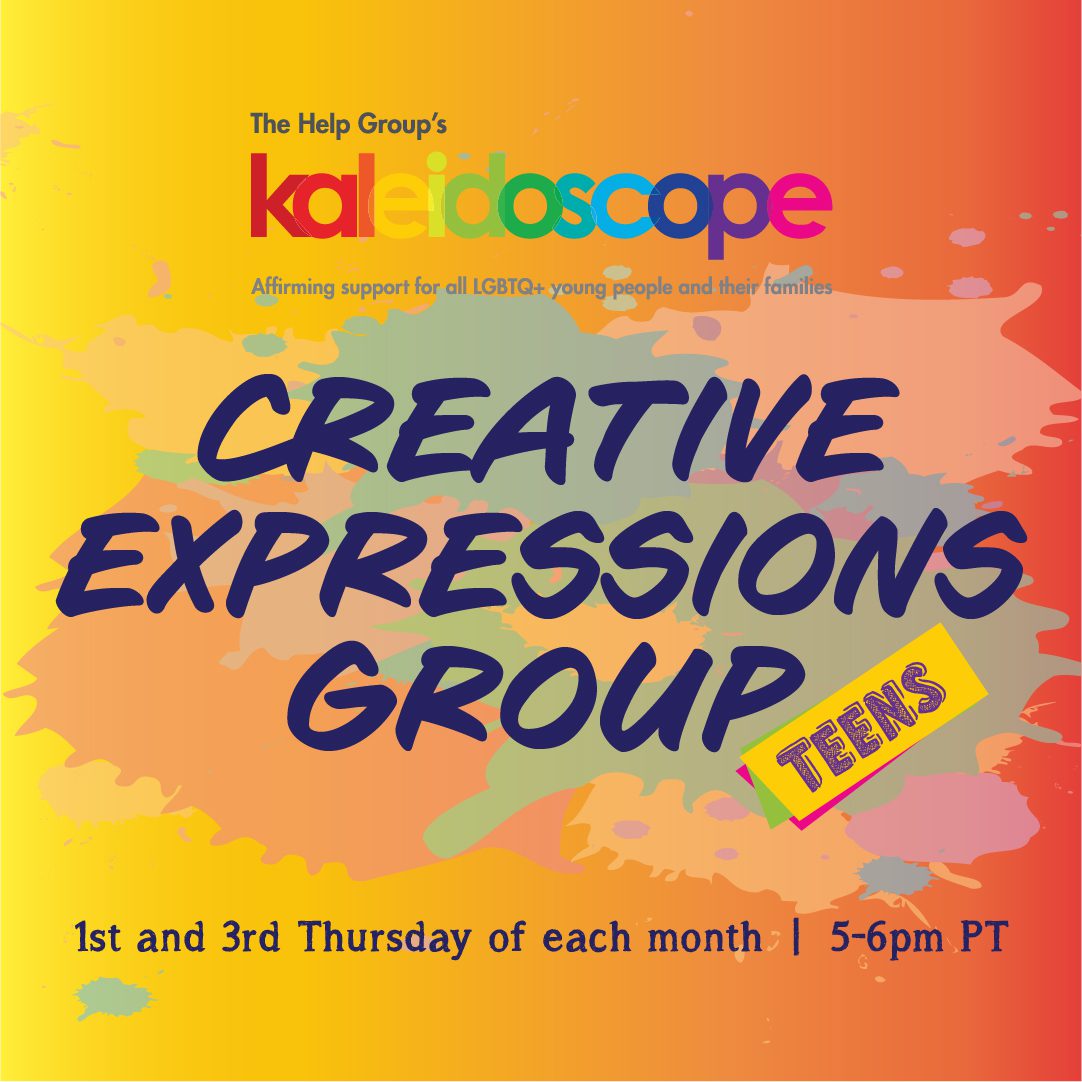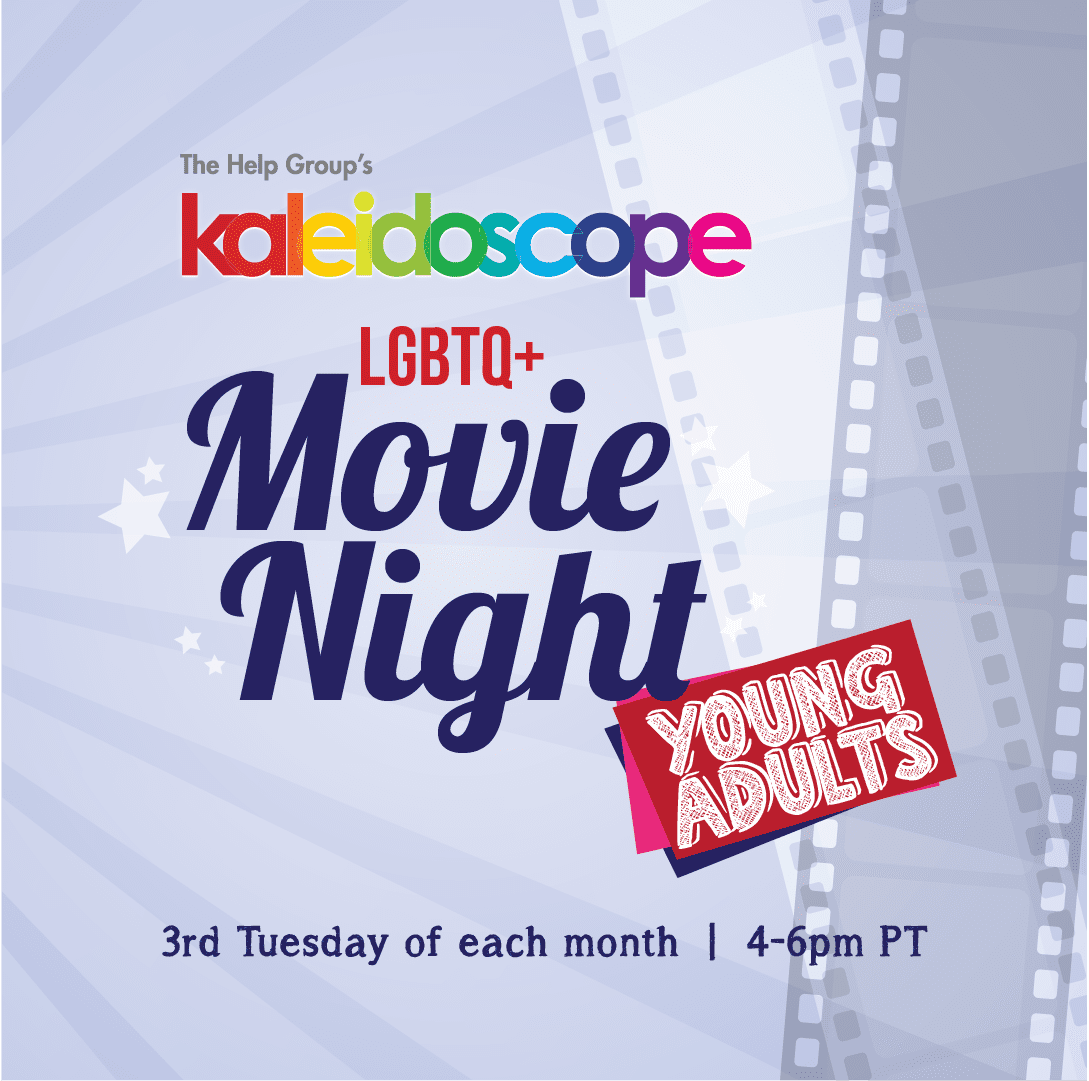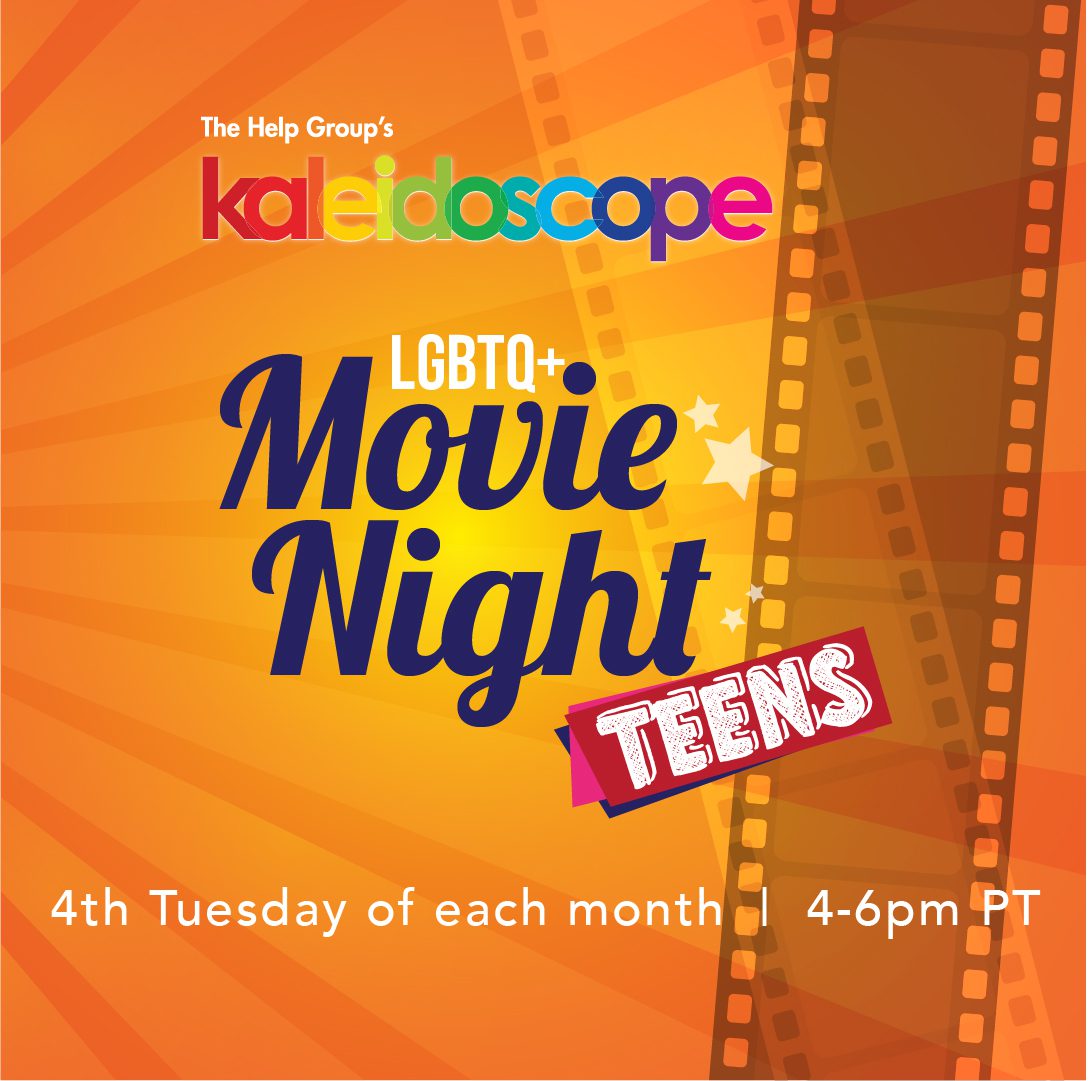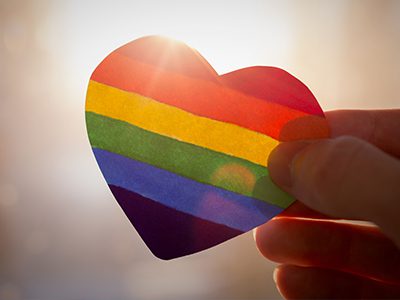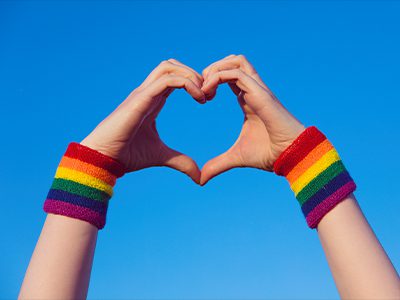Pursuit of Equality
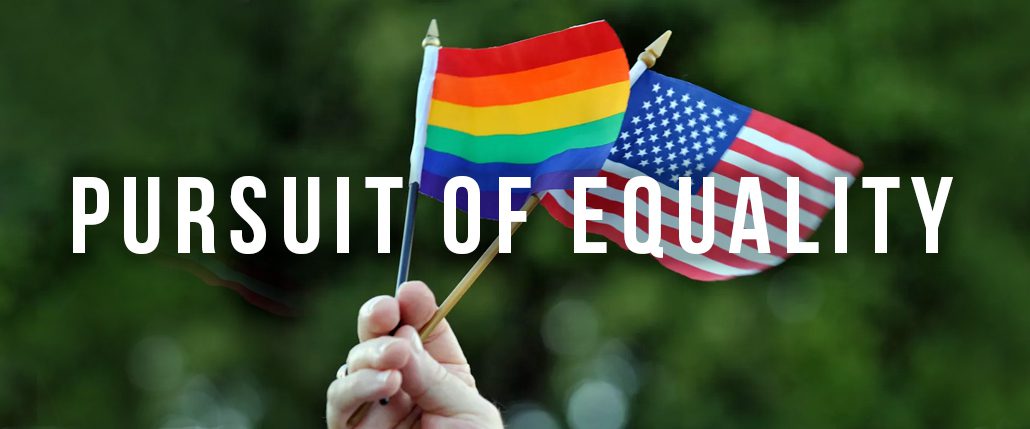
Pursuit of Equality
Imagine that you’re at work and your boss calls you to her office. You hope it might be regarding a raise or promotion, because you know that your work has been exemplary and your peers and supervisors recognize it. Instead, your boss says that- although you are great at your job – she just doesn’t approve of who you’ve been dating. “Not that it’s interfering with your work at all, but I just don’t think it’s right. I’m sorry, but we’re going to have to let you go.” You’re shocked. She must be kidding, right? Or, if she’s not, surely this is illegal discrimination that an email to HR could fix? This couldn’t be a legal reason to fire someone in America – right?
Up until last month, this was actually a legal reason for an employer to fire someone in over half of the states in our country – if the person being fired was LGBTQ+. In fact, two instances of this occurring resulted in lawsuits that went all the way to the Supreme Court and were settled by this national ruling. Thankfully, the Supreme Court ruled that LGBTQ+ people are protected from job discrimination as equally as their heterosexual, cisgender co-workers.
The path to achieving rights and freedoms that most Americans take for granted is not an easy one for many marginalized minority groups. James Esseks, director of the American Civil Liberty Union’s Lesbian Gay Bisexual Transgender & HIV Project, noted that, “The Supreme Court’s clarification that it’s unlawful to fire people because they’re LGBTQ is the result of decades of advocates fighting for our rights.”
The fact that it has been legal for employers to fire an employee in the workplace simply because they didn’t approve of their sexual orientation or gender identity is an example of systemic oppression. What is the impact of such oppression and related messaging on LGBTQ+ youth? Many forms of systemic oppression are supported on a national level and intensified on social media, only to be internalized by LGBTQ+ youth. Daniel Reynolds writes in The Advocate that “Minority stress – created by stigma, discrimination, bullying, or a perception of bias – is credited as the main detractor to the mental health of LGBTQ youth.”
Imagine the impact of hearing and then internalizing anti-LGBTQ+ messages not only in community settings, national policies, and through social media, but in your own home. Would you enjoy the freedom of being authentically yourself in such environments, or would you pretend to be someone you’re not and silently suffer for it? Would you isolate and use maladaptive coping mechanisms out of fear of rejection? Once you recognize the impact of these rejecting messages on so many levels, it’s easy to understand how LGBTQ+ youth might experience depression or anxiety as a result, numb themselves with drugs or alcohol, and even consider taking their own lives to avoid such pain.
As we fight to stop systemic oppression, we must also counter all of these anti-LGBTQ+ messages with affirming ones as much as possible! A research study by San Francisco State University’s Family Acceptance Project found that reacting to LGBTQ+ youth with accepting statements and behaviors (rather than rejecting ones) leads to positive mental health outcomes, including higher self-esteem, as well as closer relationships with family members and better overall health.
This month, we celebrate the freedom and rights that we enjoy as Americans. This year, for the first time, we may all celebrate the right to not be fired from our place of employment simply for who we love or who we are. Another right has been recognized on our path toward equality – and we will continue our efforts to secure more. In the meantime, Kaleidoscope offers safe spaces for LGBTQ+ youth and young adults to meet virtually online, to give and receive the affirming support that the world may not always provide in a space where they have the freedom to joyfully be themselves. Please check out our free online social support groups as well as Telehealth services, such as individual therapy, and let the supportive healing begin.

